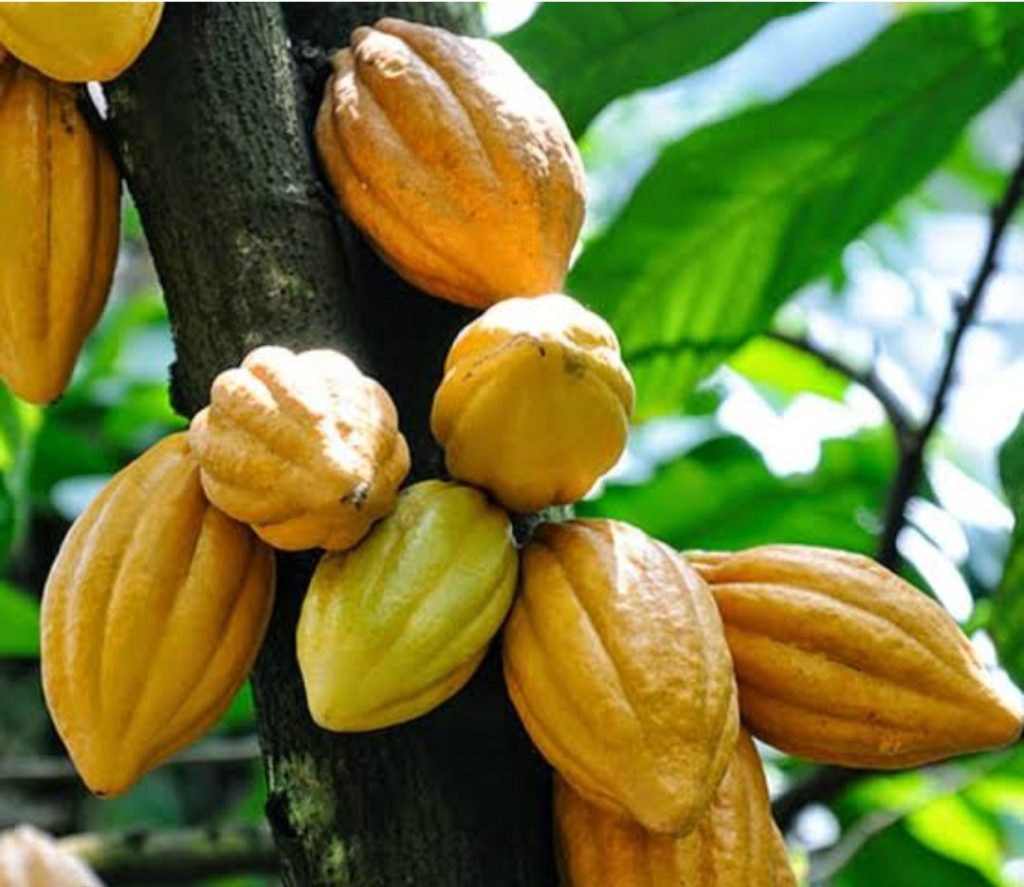
Ofure Akhigbe
Ivory Coast, the world’s leading cocoa producer, has traced the origin of about 40 percent of its cocoa beans during the 2024–25 season — a key step as it works to comply with the European Union’s anti-deforestation import rules.
The proposed EU regulation requires importers of commodities such as cocoa to prove their supply chains are free from links to deforestation. Initially set to take effect on 30 December 2025, the law has now been postponed by one year following pushback from industry players and trade partners who cited high implementation costs.
Despite the traceability progress, Ivory Coast remains far from full compliance. The country still exports most of its cocoa to the EU, and the 40 percent traced so far falls short of the stringent requirements. To improve readiness, the government has launched a digital sales and purchasing platform and issued digital ID cards to about 900,000 of its nearly one million cocoa farmers.
Critics argue that delaying the EU law undermines global climate goals and weakens incentives for sustainable production. Meanwhile, Ivory Coast’s cocoa sector continues to face challenges from drought, ageing tree stocks, and ongoing deforestation pressures.
The coming year will test whether the combination of policy reforms, digital traceability, and global market forces can drive Ivory Coast — and its millions of farmers — toward a more sustainable cocoa future.
